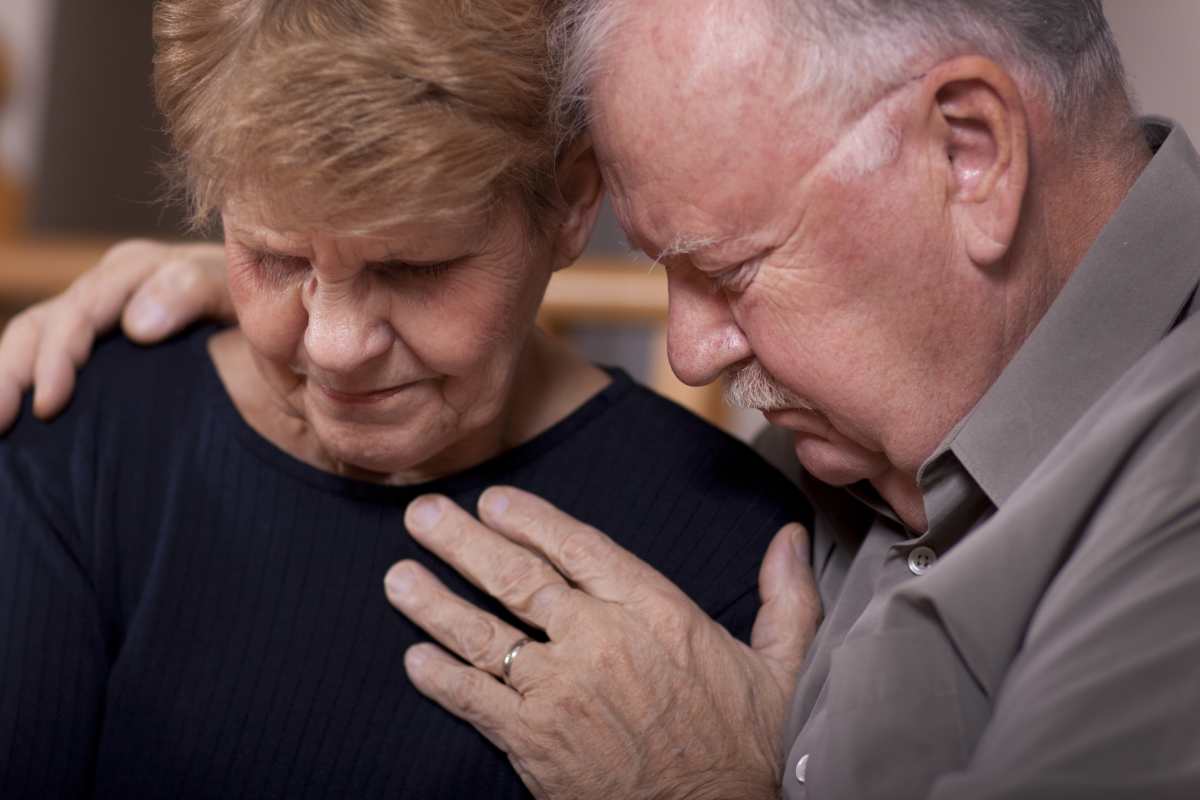Woman adopted as a child learns, 80 years later, that her brother never stopped searching for her
Marian Griffin and her older brother, Donald Hefke, were seperated in 1946.

For 80 years, Marian Griffin and her older brother, Donald Hefke, lived separate lives, never knowing the other was out there. As infants in 1946, they were placed in foster care and split up; this summer, the siblings, now 80 and 81, found each other at last. "I still can’t believe he found me," Griffin told ABC News earlier this year, "It only took us 80 years." Before the separation, the children, Donald, Marian, and their older brother Ernest, who was born deaf and has since died, lived in Chicago with their birth parents.
After Marian’s 1945 arrival, their mother struggled with post-traumatic stress and was institutionalized, and their father couldn’t care for the children on his own. Marian was adopted by a Lutheran minister and his family, while Donald stayed with a foster family and was later commissioned into the U.S. Air Force. In 1963, Donald began searching for answers — he wrote to the foster care agency and received "a little bit of information," including the name of his sister, Marian. His daughter, Denise Baker, shared a copy of the agency’s letter confirming family details. Donald then tried to contact Marian through her adoptive parents, only to be told to "stop bothering" them.

Those requests were hidden from Marian, even though she was already 18 and out of high school. "My parents never told me at all about Donald looking for me," she said, "Our kids could have grown up together, instead we were separated because my parents would not tell me that my brother wrote to me and was looking for me." Decades later, Baker picked up the trail and spent more than 20 years digging through paperwork, online records, and ancestry sites. The breakthrough came in July 2024 when a DNA connection surfaced because Griffin’s son had uploaded his results to Ancestry.com, and Baker reached out through him.

When Marian first heard from Baker, she "thought it was a scam," but the doubts faded after a few conversations and one unforgettable call with her brother. "He kept saying my name again and again: 'Marian, I found you, I found you.' It was like something out of a book," she told ABC News. Marian’s words about feeling like something was always missing hit even harder now that she knew it was her brother.

That kind of emptiness makes sense when you realize how early their bond was broken. Researchers have seen the same pattern play out in foster care. A review published in 2025, synthesizing over two decades of studies, found that infants and toddlers in foster care often face disruptions in attachment, emotional regulation, and social responsiveness. These early breaks in connection can echo throughout life, influencing a person’s ability to form relationships, leaving a sense of incompleteness.
Despite knowing about each other's existence, Donald and Mairan have yet to meet face-to-face due to health and travel restrictions. Donald lives in Florida and can’t travel while Marian is in California. Baker visited her aunt in June and said, "Yep, you look just like my dad, no denying you guys are siblings." Marian is saving for a trip to Florida, and until then, the brother and sister talk by phone once a month. "We’re going to walk down with our canes together," she joked, "We’re just going to have to have a lot of coffee—we’ve got 80 years to catch up on."
More on Scoop Upworthy
Father reunites with long-lost son he didn't know about for 50 years: 'A stranger emailed me'
Jewish cousins reunite after 75 years of believing the other had died in WWII

 Share on Facebook
Share on Facebook





